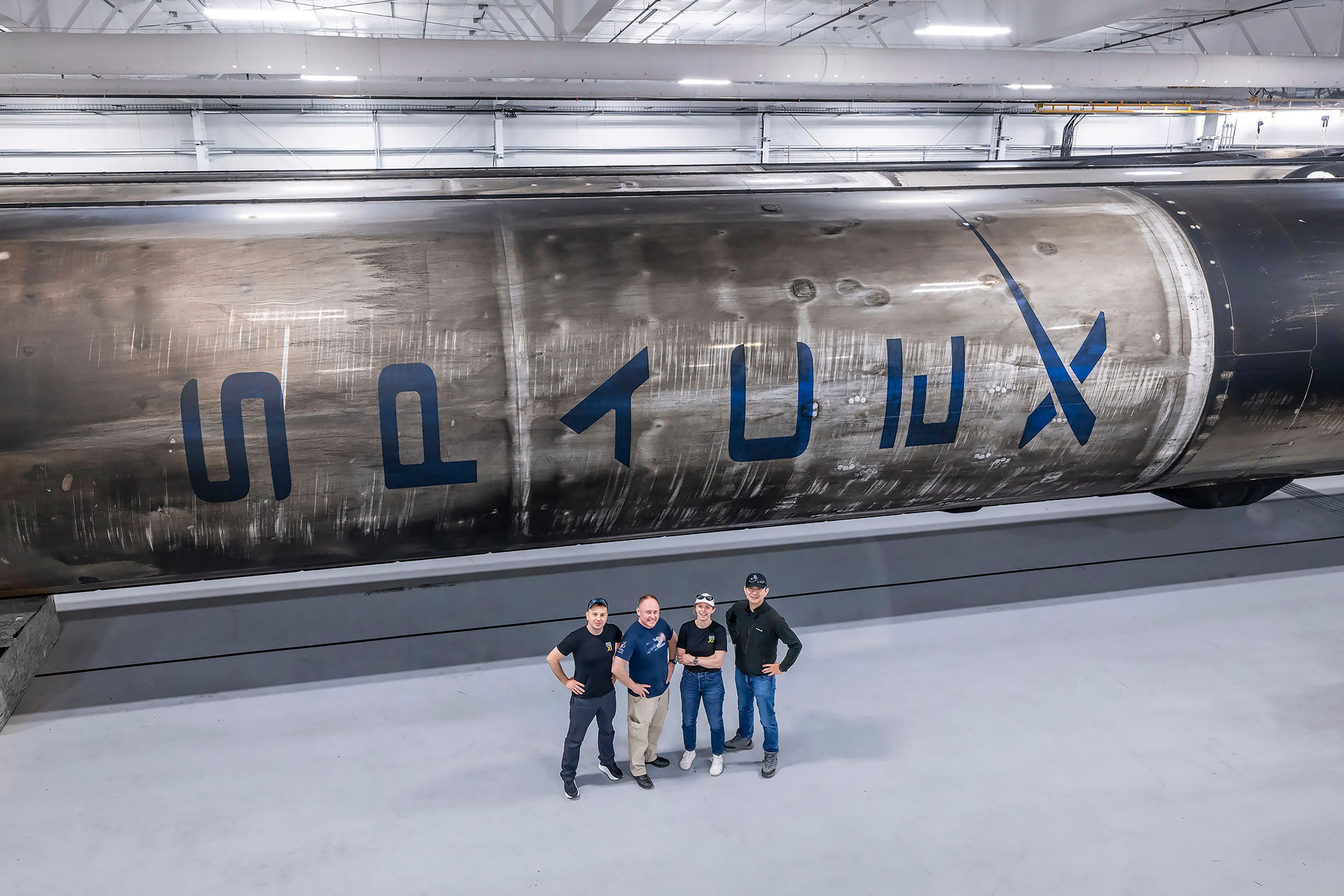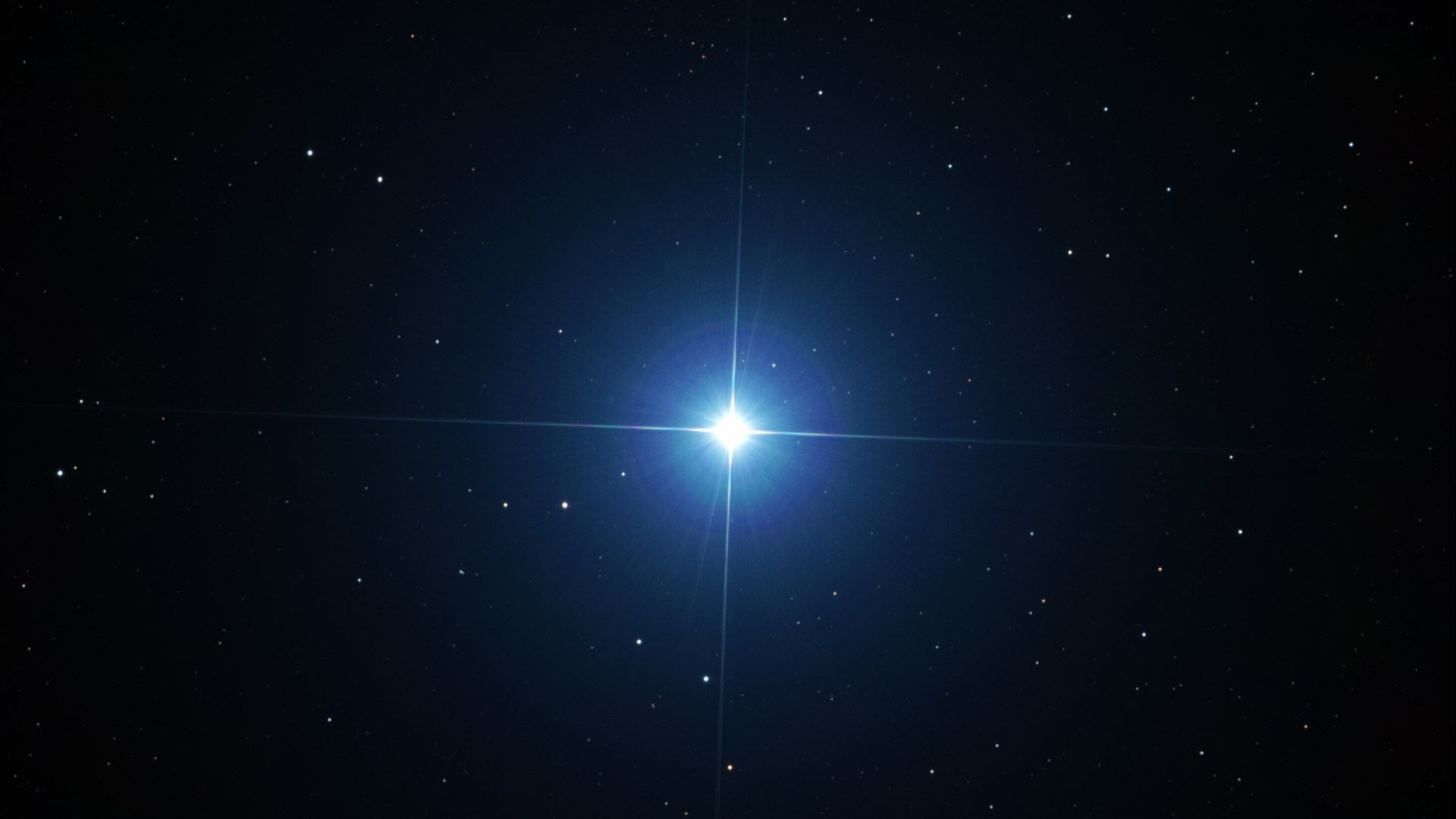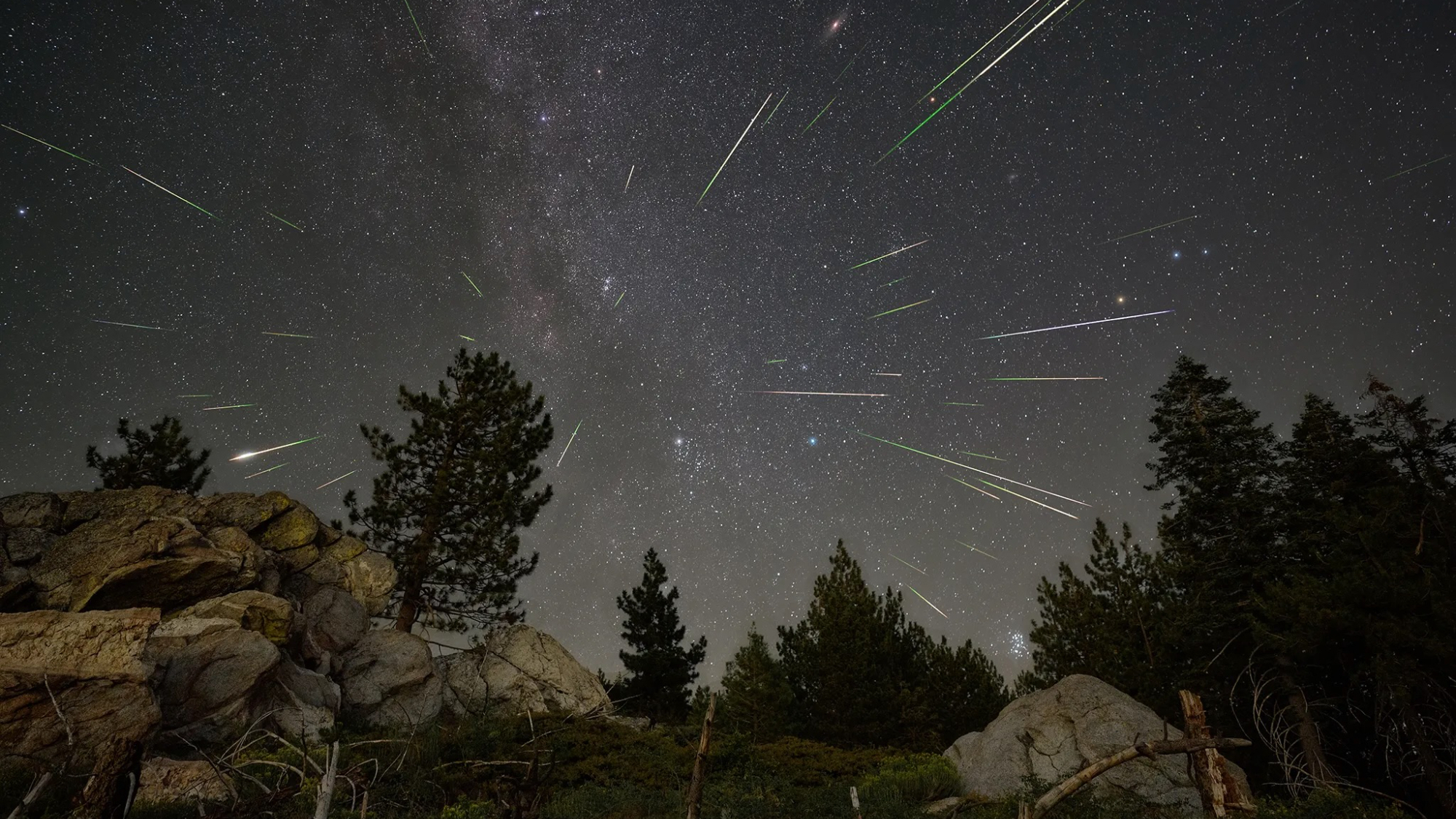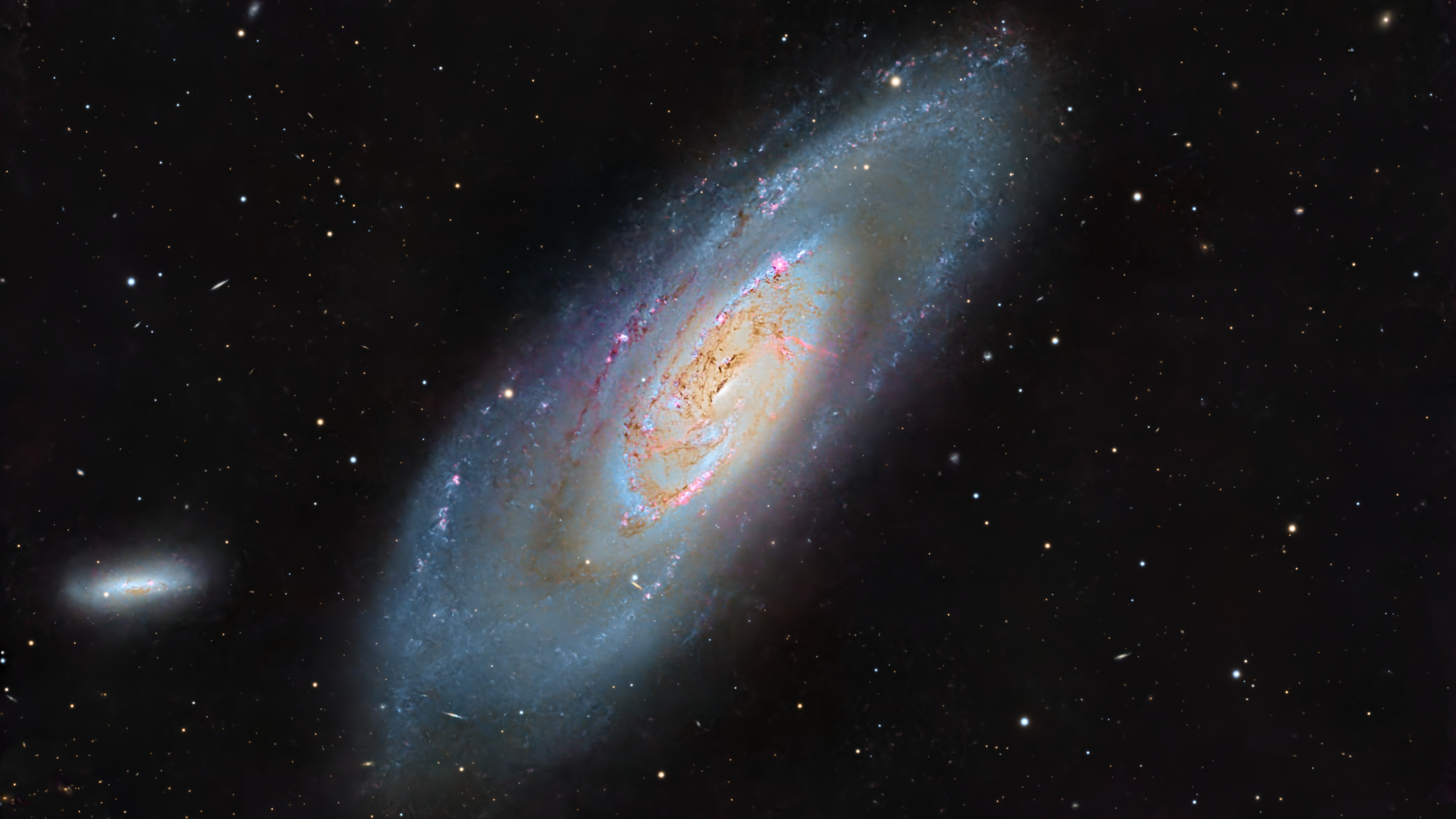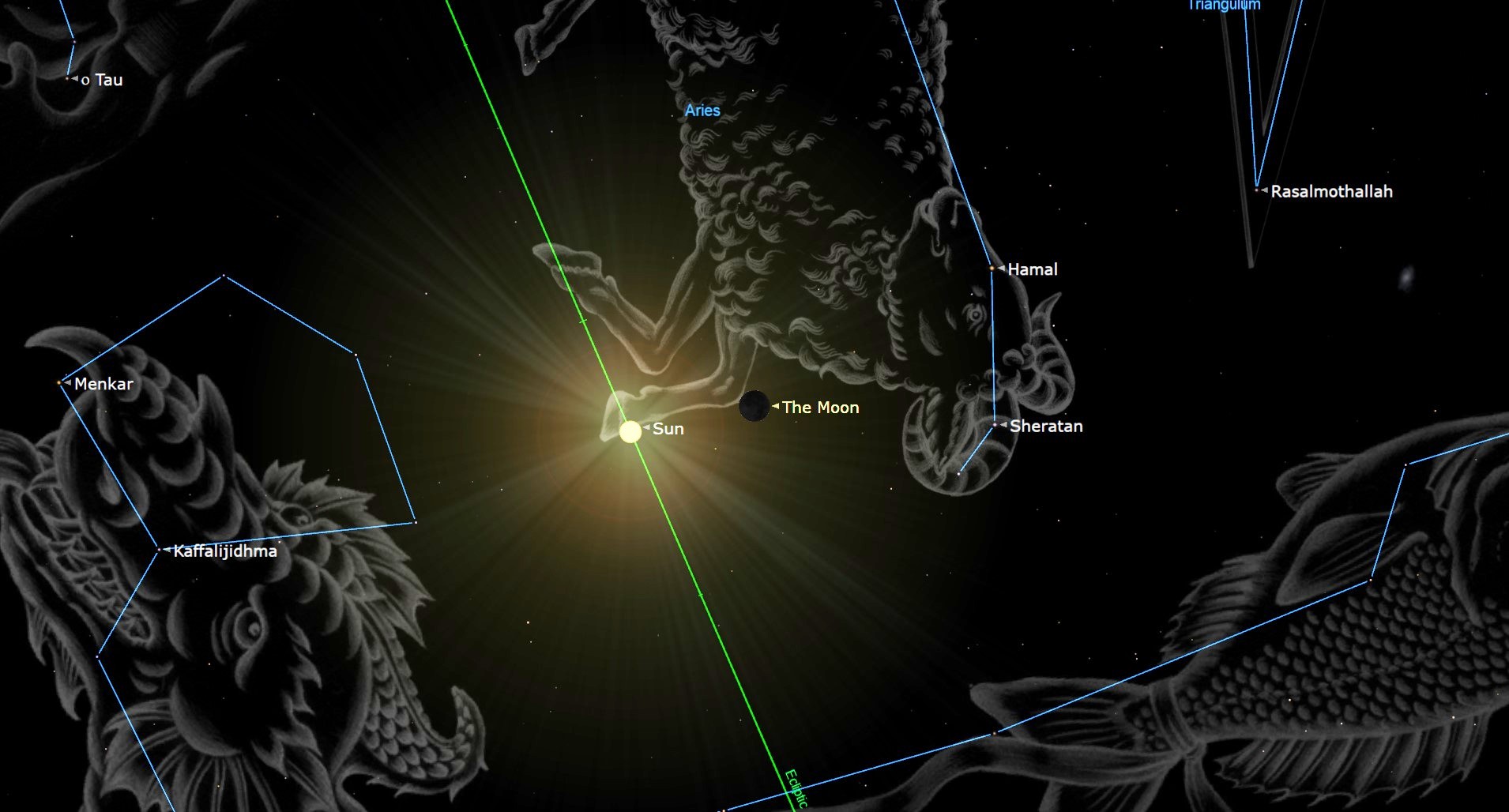Loose Cable Explains Faulty 'Faster-than-light' Neutrino Result
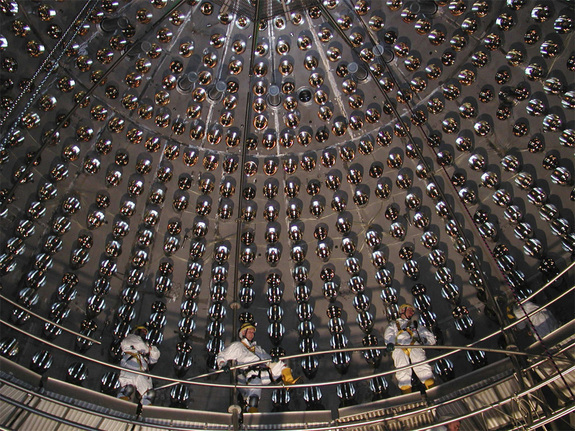
Those famous neutrinos that appeared to travel faster than light in an Italian experiment last September probably did not do so after all. A faulty connection between a GPS receiver and a computer may be to blame for the mistake.
In September, and again in a repeat run in November, scientists on the OPERA team had detected neutrinos travelling from the CERN laboratory in Geneva to the Gran Sasso Laboratory near Rome at what appeared to be a light-speed-shattering pace. The neutrinos completed the trip about 60 nanoseconds faster than a beam of light would have done.
Though the physicists felt confident in their experimental setup, they and the rest of the scientific community suspected that the shocking result was probably due to some error, considering that light as the universe's speed limit is a central tenet of Einstein's theory of special relativity.
And indeed, in November, another group of physicists also working at Gran Sasso Laboratory demonstrated that the neutrinos in question could not possibly have been traveling faster than light, because if they had, they would have given off a telltale type of radiation, which was not detected.
Further complicating matters, even the OPERA scientists couldn't yet explain why the neutrinos clocked in as fast as they did. Now, according to Science Insider, sources familiar with the OPERA experiment say a fiber optic cable connecting a GPS receiver and an electronic card in one of the lab computers was discovered to be loose. (The GPS was used to synchronize the start and arrival times of the neutrinos).
Tightening the connection changed the time it took for data to travel the length of the fiber by 60 nanoseconds. Because this data processing time was subtracted from the overall time-of-flight in the neutrino experiment, the correction may explain the seemingly early arrival of the neutrinos. To confirm this hypothesis, the OPERA team will have to repeat their experiment with the fiber optic cable secured.
When OPERA announced their results in September, the physicist and TV presenter Jim Al-Khalili of the University of Surrey voiced the incredulity of many in his field when he said that if the results "prove to be correct and neutrinos have broken the speed of light, I will eat my boxer shorts on live TV." It looks as if he, for one, has been spared that level of embarrassment.
Get the Space.com Newsletter
Breaking space news, the latest updates on rocket launches, skywatching events and more!
Follow Natalie Wolchover on Twitter @nattyover. Follow Life's Little Mysteries on Twitter @llmysteries, then join us on Facebook.
Join our Space Forums to keep talking space on the latest missions, night sky and more! And if you have a news tip, correction or comment, let us know at: community@space.com.

Natalie Wolchover was a staff writer for Live Science and a contributor to Space.com from 2010 to 2012. She is now a senior writer and editor at Quanta Magazine, where she specializes in the physical sciences. Her writing has appeared in publications including Popular Science and Nature and has been included in The Best American Science and Nature Writing. She holds a bachelor's degree in physics from Tufts University and has studied physics at the University of California, Berkeley.


